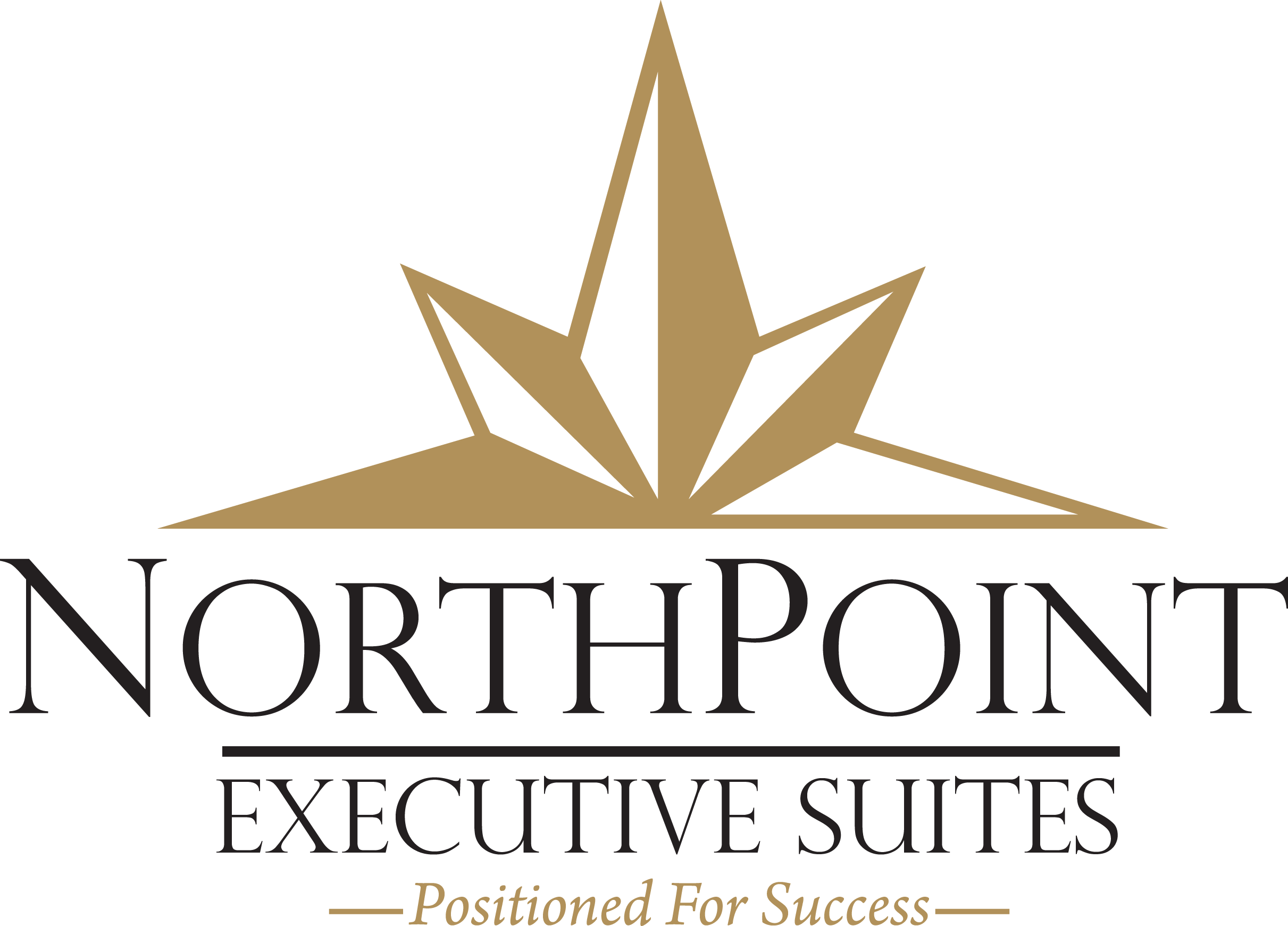“Our chief want in life is somebody who will make us do what we can.” — Ralph Waldo Emerson
Think back to grade school literature class and the five character archetypes (hero, mentor, everyman, innocent, and villain); the hero of a story almost always has a mentor. The power of mentorship is rooted deep within our human nature and is found throughout history, across disciplines, and behind some of mankind’s greatest advances. If you think about your favorite TV series, movie, or fairytale, you will probably identify a mentor that gave the hero that extra revelation or push needed to realize their own capabilities and resolve. However, most of us are not lucky enough to have attended university with Plato, been considered a son to Steve Jobs, or been born with a fairy Godmother. But managers can help employees find their heroic capabilities through employee mentorship programs.
Managers focus on goal-setting, strategies, and outcomes in service of the company mission. Employee satisfaction and corporate wellness are established ways of establishing and strengthening a successful team. Mentorship programs improve employee retention, provide employees with ownership of their career development, and offer sustainable HR program alternatives. Mentorship programs help employees integrate into the company culture, openly discuss challenges and opportunities, and most importantly guide employees to find their niches and reach their full potential.
How to Develop a Mentorship Program
While the setup will differ based on the business, here are some core components to an efficient mentoring program.
- Create the space: Make sure when starting a mentorship program, mentors and mentees have an orientation to understand the values and expectations of the program. Both need to know that they are encouraged to take time out of the workday to meet. You may start off by giving mentors and mentees some ice breakers and questions to considers as well as templates for tracking progress.
- Define goals: The mentor may and mentee may set up how often they want to meet and start by listing out what they hope the mentee can achieve in the relationship. The mentee can also bring their established career goals to the meetings and the mentor can provide advice and accountability as they work toward these goals. Trust and confidentiality should also be set initially. A mentee needs to be able to ask questions or talk about a conflict without fear of retribution.
- Selecting pairs: There are many ways to establish mentor and mentee pairs. Some programs will formally match them, while in others, employees may be asked to select a mentor. One critical aspect is to make sure any potential mentors are interested and dedicated to the program. Mentoring isn’t for everyone. Sometimes people have too much going on at work or personally to be able to devote their energy to mentoring. Most companies, no matter how wonderful, have some employees that would rather not be there. They are not the ones that you want to onboard your impressionable new staff. Volunteer mentors are more likely to be ready and willing to open up some time and may already have in mind some things they wish they had known when they started out.
The best mentor relationships grow organically through that perfect chemistry of personal goals, experiences, and perspective and a high level of trust. Without a formal program, it can be hard for employees to approach others to be there or mentors or for potential mentors to offer help without fearing they may be perceived as paternalistic or correcting. Just by introducing the concept of mentorship into the office and making the open statement that mentorship is encouraged and valued can help these relationships form. Mentees can go to their mentors as sound boards for questions or ideas that they may not be ready or may not be appropriate for their supervisors or teammates. Good mentors do not try to lead their mentees to their exact path; they may even work in different departments or have different goals. They are there to help employees navigate their own path and add perspective and wisdom to help them identify strengths, weaknesses, and opportunities.



You must be logged in to leave a reply.